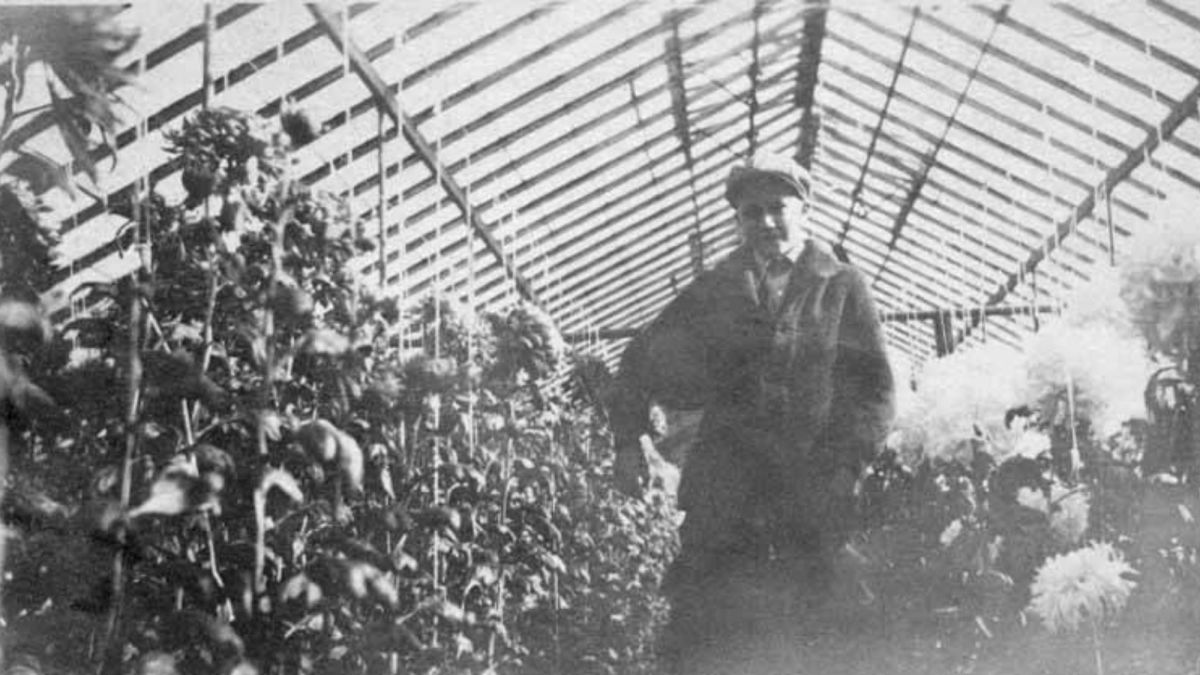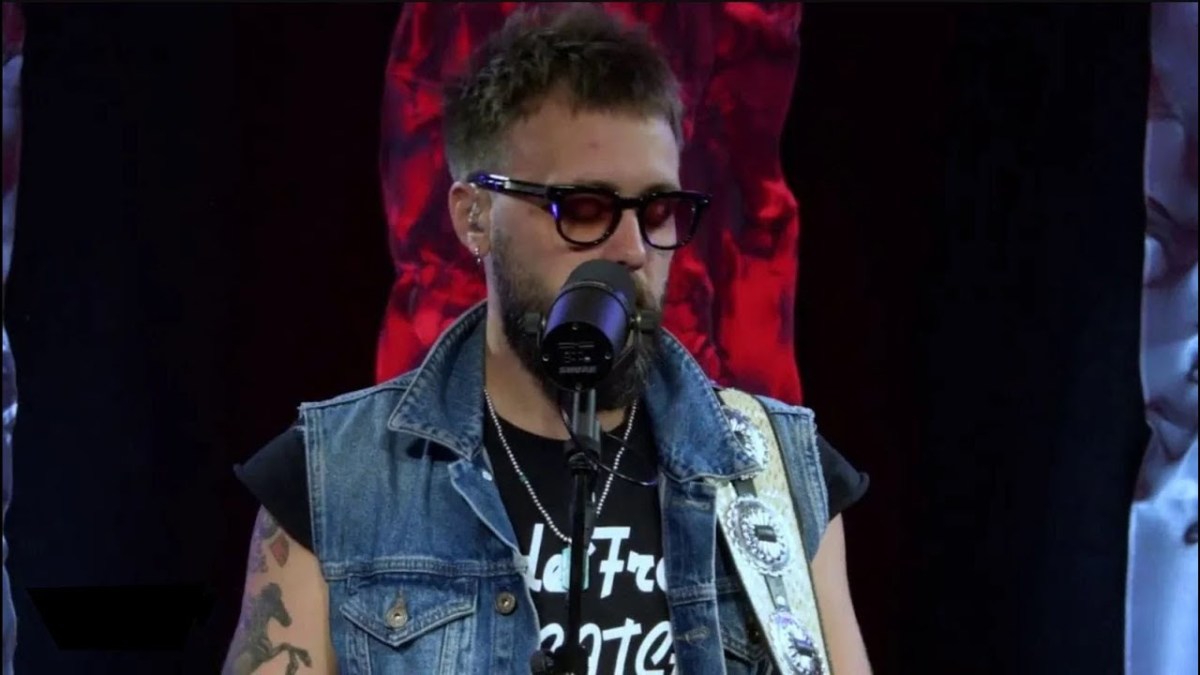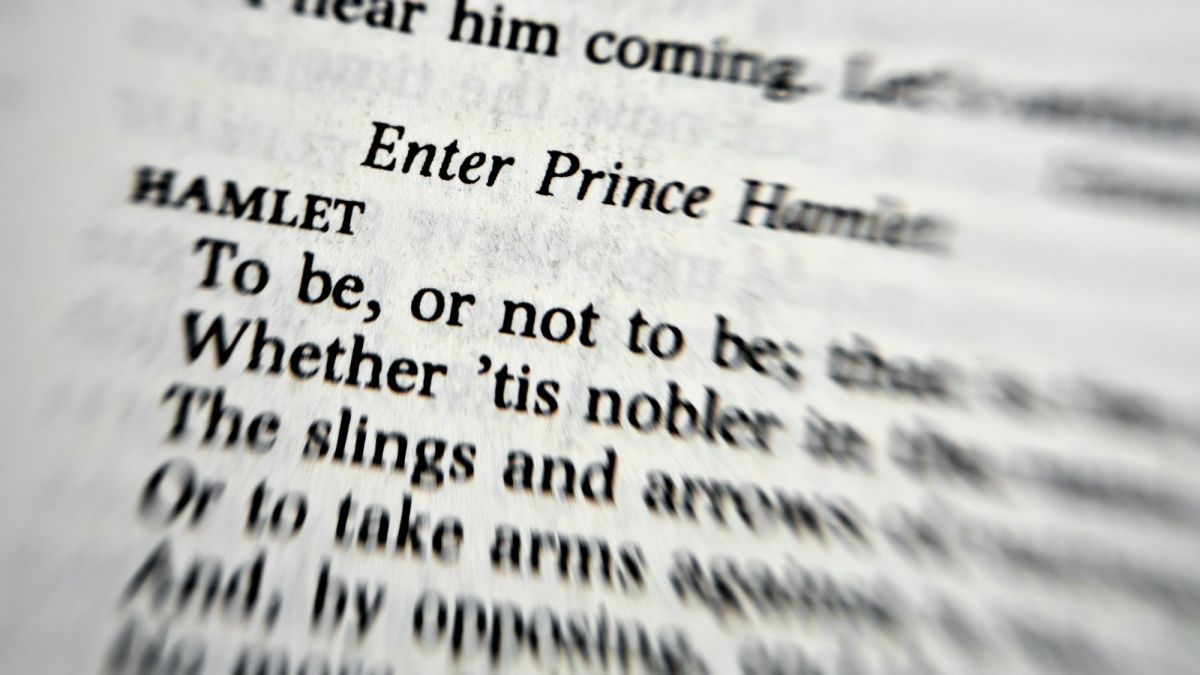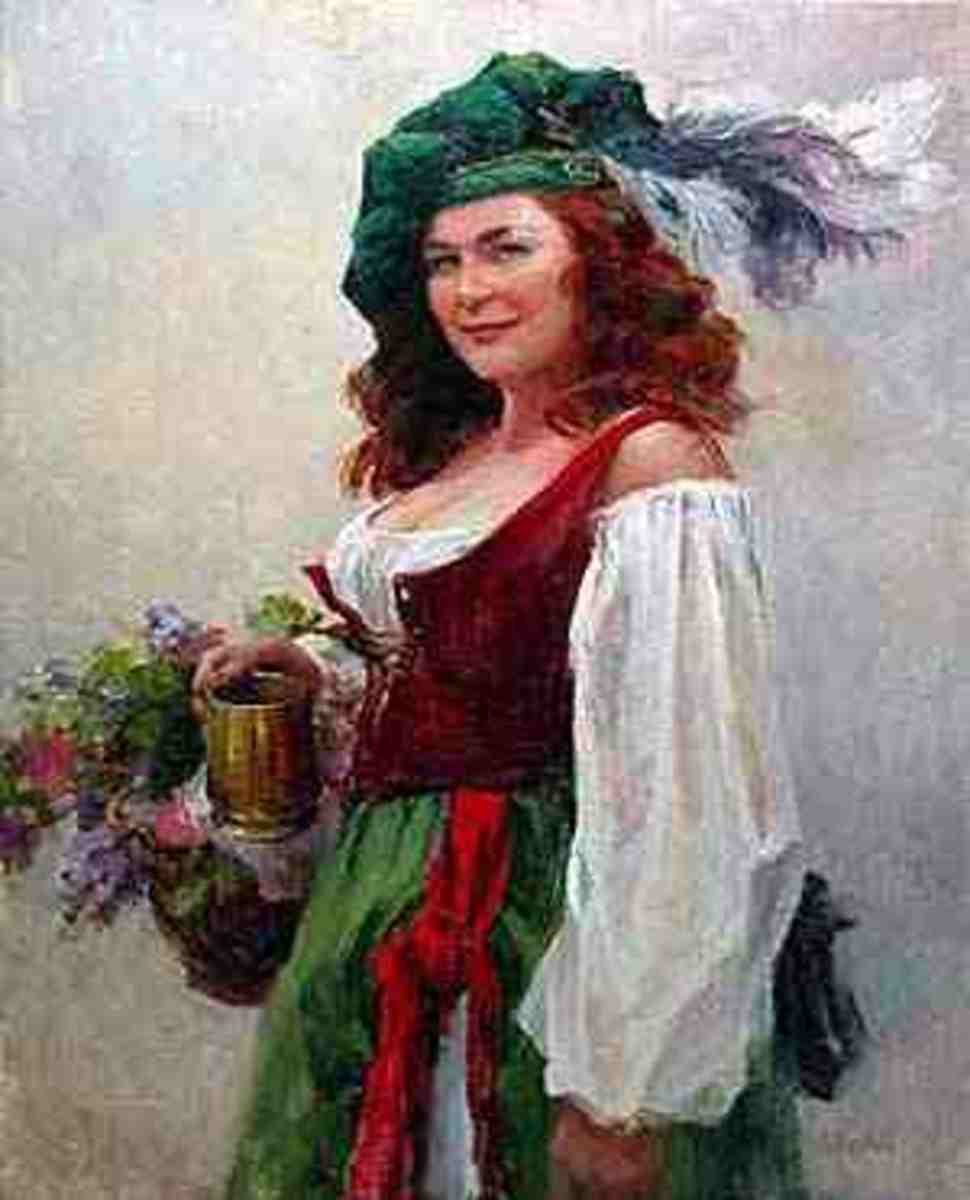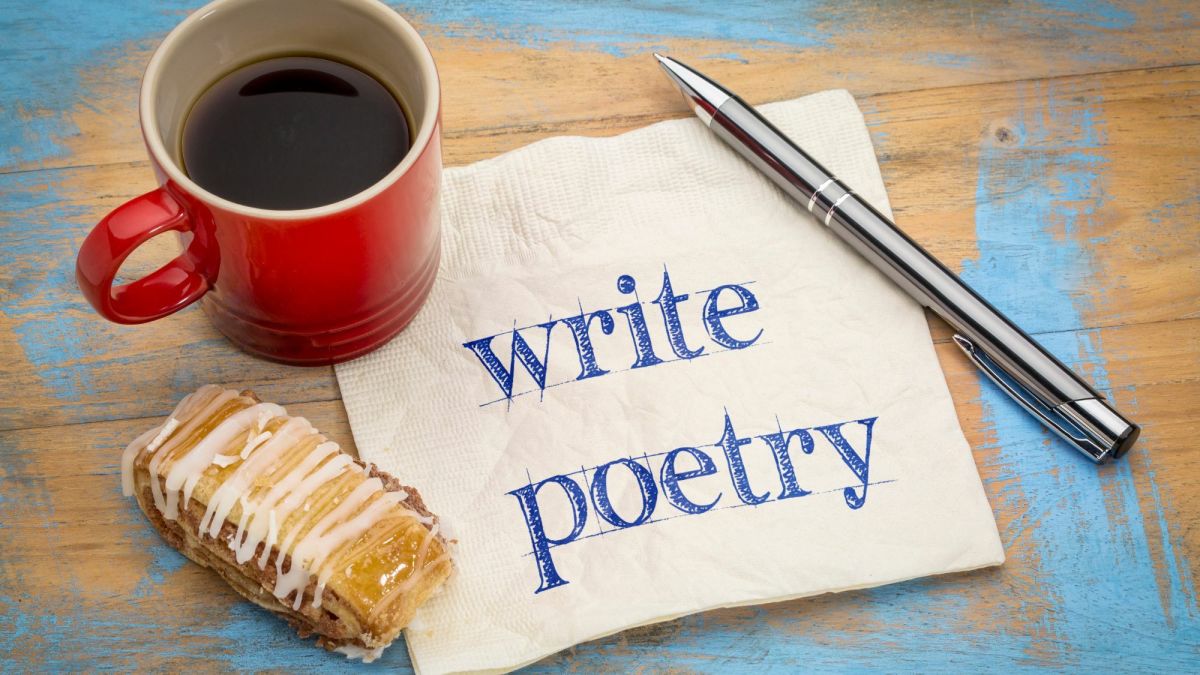My Papa's Waltz-by Theodore Roethke
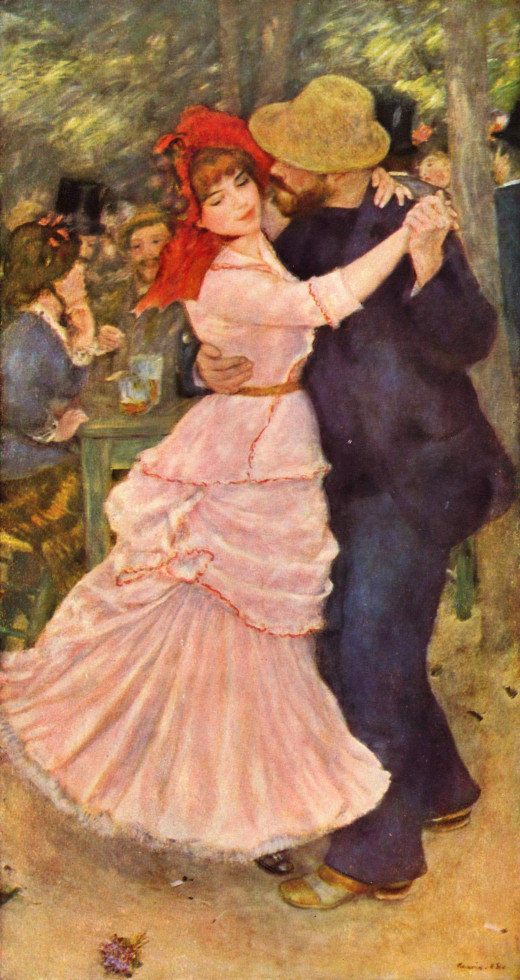
The Poem
My Papa's Waltz
-Theodore Roethke
The whiskey on your breath
Could make a small boy dizzy;
But I hung on like death:
Such waltzing was not easy.
We romped until the pans
Slid from the kitchen shelf;
My mother's countenance
Could not unfrown itself.
The hand that held my wrist
Was battered on one knuckle;
At every step you missed
My right ear scraped a buckle.
You beat time on my head
With a palm cracked hard by dirt,
Then waltzed me off to bed
Still clinging to your shirt.
Multiple Meanings
Is this an innocent poem about a child dancing around the room with his father or something deeper. Some see a deeper meaning of abuse disguised in a waltz like flow. Understandably so; the whiskey on his breath, boy is dizzy, hung on like death, romped, held my wrist, battered, ear scrapping a belt buckle, beating time on the boy's head, and clinging are all words and phrases that could be interpreted as abuse. The father is a drunk romping around the kitchen beating his child, like child remembers the buckle, the battered knuckles, and the smell of whiskey.
However, when you were little did you ever dance on your fathers shoes? You know so you could be taller and he could just use his feet and move the two of you around easily. I believe Roethke is reliving a moment like that with his own father. The whiskey would explain the father's stumbling but also it is a smell from Roethke's childhood. Roethke "hung on like death" because he may have been placed upon his father's own feet and is being danced around the kitchen. His father's drunkenness and horseplay with the son explains the pans falling in the kitchen and the mother's disproval of her now messy kitchen.
Holding of Roethke's wrist is part of the waltzing and the as Roethke is taken back in remembrance he can clearly visualize his father's working hands. When his father missed a step and stumbled, Roethke would have been at the right height to scrape his ear on a belt buckle. And "You beat time on my head" probably means exactly what it says. Again, another remembrance of his working hands. Then, off to bed!
Another way to look at it is that maybe the father is a drunk, but instead of abusing the child he is really waltzing with him...however, maybe not to the child’s liking. Maybe this is why Roethke uses harsh words like death, romped, battered, knuckle, scraped, beat, hard, and clinging. Maybe these aren't good memories of his father, rather his father's drunken attempt to have fun with his child. Though the child see's it roughly or violently.
Technique
So now that you can formulate your own meaning of the piece, let’s talk about some technique.
First note the alternate rhyme scheme. Meaning what? The end of the first line in a stanza rhymes with the third, and the second with the fourth, however, the first of each stanza doesn't match each other. The poem's rhyme is like this; stanza one; abab, stanza two; cdcd, stanza three; efef, and stanza four; ghgh.
For example;
The whiskey on your breath - a
Could make a small boy dizzy; -b
But I hung on like death: -a
Such waltzing was not easy. -b
Breath and death rhyme, so they are labeled as "a". Dizzy and easy loosely rhyme so they are labeled "b". And so on and so on.
The specific rhyme scheme for this piece really sets the tone of what we are reading. If read out loud you find that it has a waltz like feel to it, you can close your eyes and be taken back to your waltzing days on your father's toes.
Another technique used is imagery. Roethke is taking us back in his memory of his father and here we can see and feel and smell what he remembers. He remembers the smell of whiskey, we can see them dancing around the kitchen, and we can feel the rough hands of his father. All these images may even bring some recollection of our own fathers and what we remember of them.
Another technique used slightly in this piece is one example of simile.
"But I hung on like death:" here we assume he is clinging to his father for fear of falling, yet, hung on like death because death hangs on to what? All of us in some way...the fear of the unknown or getting hurt.
I love this poem and I hope you enjoyed it too!

